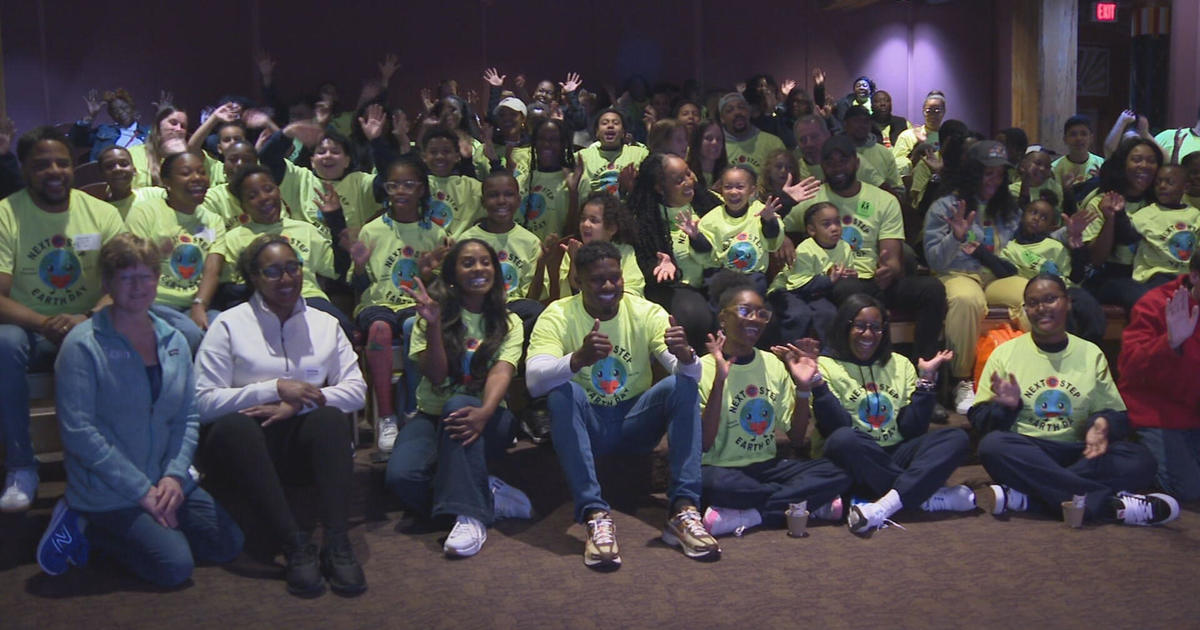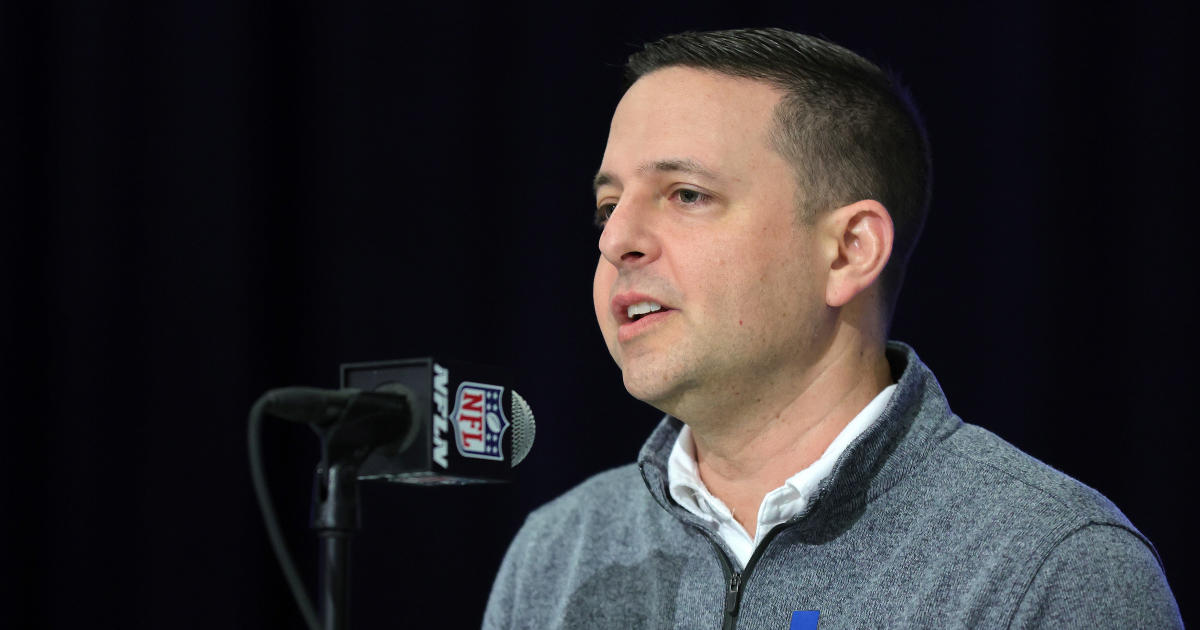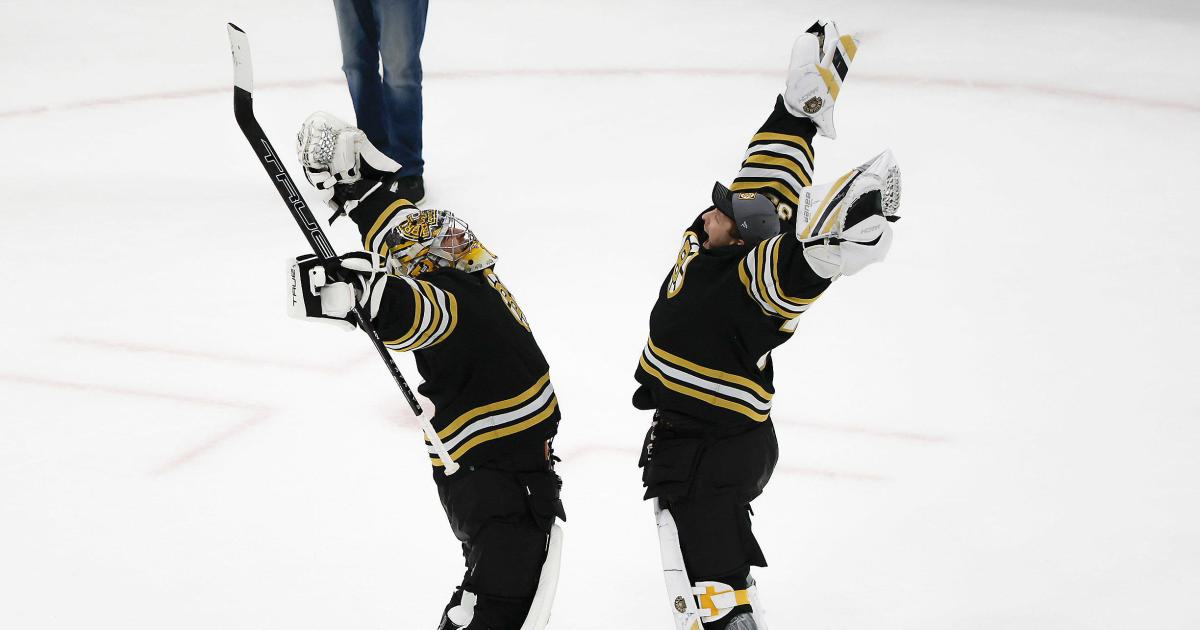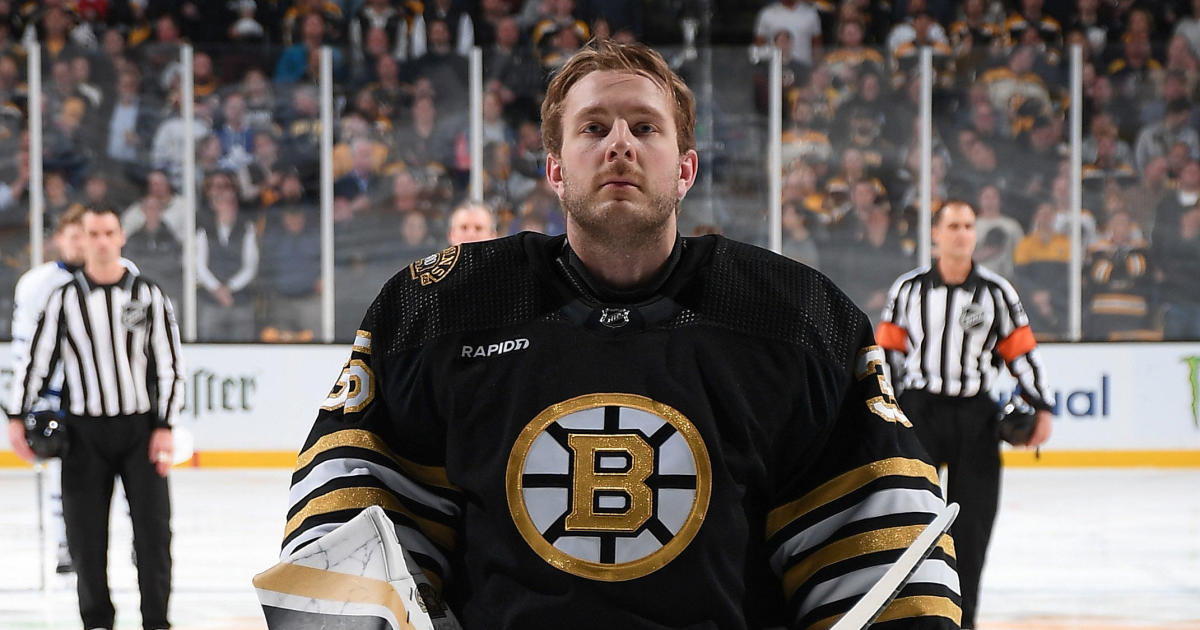Malcolm Butler's Patriots Career Bookended In Bizarre Fashion
By Michael Hurley, CBS Boston
BOSTON (CBS) -- The dust in New England has settled on the catastrophe that was Super Bowl LII. Sort of.
Of course, that one's going to sting for a while. Some sadness is sure to linger around Foxboro until/if the Patriots win another Super Bowl. That tends to be the case when a team really wastes an opportunity at winning a title.
"Waste" may be strong, but when a head coach doesn't employ one of his best defensive players for the entire game, what else can we really conclude? If the Patriots had put their best against the Eagles' best and still lost the game, then the conversation is entirely different. But frankly, it's challenging -- even days later -- to assess this game and not get distracted by what will go down as Bill Belichick's worst coaching decision.
With some time having passed, it seems as though there truly was no disciplinary aspect to the decision. All of those Twitter rumors from people whose uncle's friend knows someone in law enforcement who heard about some misbehavior turned out be unsubstantiated. The best explanation for Butler being stapled to the sideline that's emerged is that he had a bad week of practice.
To that I would ask this: If Devin McCourty had a bad week of practice, would he have even missed one snap in the Super Bowl? What about Duron Harmon, Patrick Chung, or Stephon Gilmore? What if they missed some plays on the practice field? Would they have been benched? Would Tom Brady? Rob Gronkowski? Danny Amendola? James White? James Harrison? Kyle Van Noy? Malcom Brown?
Is there any one player on the Patriots who would have been benched for 60 minutes in the Super Bowl because of some bad practices? The answer is no.
And for Belichick, the king of second-half adjustments, to refuse to insert Butler in the second half after his team got toasted for 22 first-half points? There's no logical explanation.
Looking back, Belichick has always been extra tough on Butler. After the corner called the team a day in advance to let them know that severe weather was going to make him late for OTAs in 2015, Belichick did not allow Butler to practice for multiple weeks. Six years prior, Belichick made headlines for sending four players home for one day for being late to work on a snowy day. Butler's punishment was far more severe -- and he had let the team know ahead of time.
Despite employing Butler as a No. 1 cornerback, Belichick never saw fit to sign Butler to a new contract that would have paid him a value close to what he was worth while also ensuring he'd be on the roster for years to come. Instead, Butler worked as a No. 1 cornerback for two seasons while making roughly $500,000. By contrast, the Josh Normans and Patrick Petersons and Richard Shermans of the world were making close to $15 million.
That in itself is not altogether unique from the way Belichick always handles his roster, but the coach's treatment of Butler in the 2017 offseason certainly broke from the norm. As a restricted free agent, the Patriots allowed Butler to visit the Saints. Mentally, it seemed as though Butler was ready for a new chapter in his career. Both he and the Saints appeared to want to make it work. But the Patriots did not. A trade that at times seemed inevitable ended up failing to materialize. Butler would have to report to work in Foxboro, where it appeared he was not wanted.
Now, Butler's play in 2017 was not at the level it was in 2015 or 2016. There's no doubting that. But he still took 98 percent of the defense's snaps, which was most on the team. He was still an every-down player on a defense that ranked fifth in the NFL in points allowed. He still finished tied for second on the team with two picks -- the same as Gilmore, who was given all the money that many believed would have been tabbed for Butler. And he still forced three fumbles, most on the team.
At worst, Butler's slight drop in play could have resulted in a lesser role in the Super Bowl game plan. Most people would have understood that. But to completely erase him from the game plan, and then to steadfastly refuse to give him a shot when the established game plan was clearly failing spectacularly? That was, simply, a very bad moment for Bill Belichick.
In punishing Butler, Belichick punished the other 52 players on his roster -- guys who worked all year long, from OTAs and minicamp, through training camp and the preseason, through the grind of 17 weeks, and through the postseason. Those players knew that having Butler on the field instead of the sideline put them at a disadvantage. They knew that packages that included Eric Rowe, Jordan Richards and Johnson Bademosi put undue pressure on those particular players and created ripple effects across the defense. Matt Patricia knew that by being down a key contributor who led his defense in snaps during the regular season, he was being forced to coach with one hand behind his back.
Publicly, Belichick may be able to cite his "football decision" and have his reputation as arguably the greatest coach of all time serve as a shield from too much doubt. But inside that locker room? Those guys know better than to believe they were been better off without Butler on the field.
And so, with Butler becoming an unrestricted free agent, his Patriots career comes to an end in bizarre fashion. It began, really, by his unanticipated rise to fame in Super Bowl XLIX. In that game, sixth-year cornerback Kyle Arrington struggled mightily while trying to cover Seahawks receivers. Belichick and Patricia decided to insert the undrafted, scrappy rookie to see how he would compete. Butler was outstanding, only giving up a completion on a miracle bobble and bounce, before making the history-altering interception of Russell Wilson at the goal line. A new Patriots star was born.
Three years later, in the biggest game in sports, Butler was forced to watch. And considering just one more defensive stop likely was all the Patriots needed to win the game (they forced one Eagles punt all night and still lost by just eight points), it's more than fair to believe -- like Butler does himself -- that he could have made the difference between winning and losing.
His Patriots career began on a night when nobody expected him to contribute to a Super Bowl victory. And it ended with everyone believing his absence was the No. 1 reason why they came up short on another.
You can email Michael Hurley or find him on Twitter @michaelFhurley.



